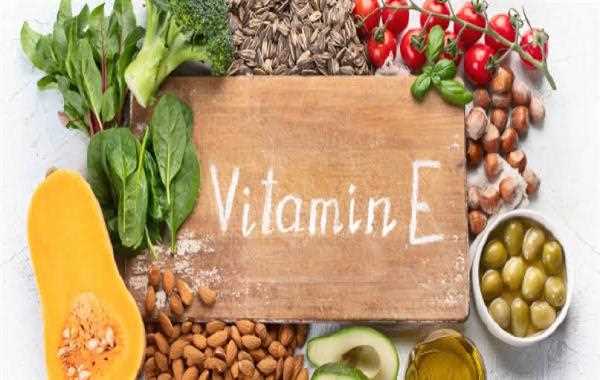Vitamin E is a fat-soluble vitamin that plays a crucial role in maintaining overall health and well-being. It acts as an antioxidant, protecting cells from damage caused by free radicals, and also plays a role in immune function, blood clotting, and gene expression. While it is widely available in various foods, the primary sources of vitamin E are plant-based.

- Nuts and Seeds: Many nuts and seeds are excellent sources of vitamin E. Almonds, sunflower seeds, hazelnuts, and peanuts are particularly rich in this vitamin. Including a handful of these nuts or seeds in your diet can provide a significant amount of vitamin E.
- Vegetable Oils: Vegetable oils, such as wheat germ oil, sunflower oil, safflower oil, and soybean oil, are high in vitamin E. These oils are commonly used for cooking and salad dressings, making it easy to incorporate them into your daily diet.
- Leafy Green Vegetables: Some leafy green vegetables contain vitamin E. Spinach, Swiss chard, and kale are good sources of this nutrient. Adding these greens to your salads, stir-fries, or smoothies can boost your vitamin E intake.
- Avocado: Avocado is a versatile fruit that is not only rich in healthy fats but also a good source of vitamin E. Incorporating avocados into your diet by making guacamole, adding them to sandwiches or salads, or simply enjoying them on their own can provide you with vitamin E.
- Fortified Foods: Many food products, such as cereals, bread, and margarine, are fortified with vitamin E to enhance their nutritional value. Checking the labels of these products can help you identify if they contain added vitamin E.
- Wheat Germ: Wheat germ is the nutrient-dense part of the wheat kernel and is a concentrated source of vitamin E. It can be sprinkled over cereals, added to baked goods, or used as a topping for yogurt or smoothies.
- Fruits: Some fruits contain vitamin E, although the amounts are generally lower compared to other sources. Mangoes, kiwis, and papayas are among the fruits that provide small amounts of this vitamin.
It's important to note that vitamin E requirements can typically be met through a well-balanced diet that includes a variety of foods. However, if you have specific health conditions or dietary restrictions, it is advisable to consult with a healthcare professional or a registered dietitian who can provide personalized recommendations regarding your vitamin E intake.